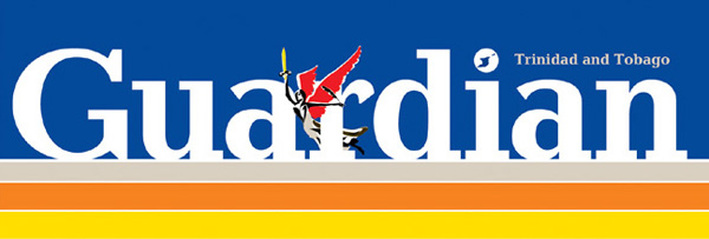While it’s fair to say that no drugs (legal and illegal) are good for children and teenagers—or persons with potential chemical imbalances—various drugs (legal and illegal) have different “lethality” rates. Lethality is how scientists analyse the safety margin of a drug, i.e. how many times the standard dosage does one have to take to risk immediate death.
Professor Robert Gale, who has studied the relative risk of recreational drugs for the last 20 years, suggests that marijuana—in the context of lethality—is 100 times safer than alcohol or cocaine. Now, of course, addiction and substance abuse of any kind, legal or illegal, is problematic for everyone—the drug taker, their friends and family, the wider society—but the Government’s proposal to refuse bail for anyone held for marijuana, for example, is not about rehabilitation.
Arresting someone for recreational drug use with no hope of bail will not reform the person arrested or impact the drug industry. In the main, it actually creates more criminals. Some criminologists note that recidivism rates are high and growing because the jail experience makes a person more likely to commit future crimes.
This is due to the environment of a prison wherein an offender makes new criminal contacts, learns how to be a better criminal, and also receives a criminal record that inhibits possible future jobs.
If this is the case, does it make sense to take a zero-tolerance approach against those caught with drugs? No bail for the possession of firearms makes sense—it takes a gunman off the street; but to arrest people for minor, non-violent drug offenses like possession of marijuana, stamp them as criminals, and then consign them to a second-class life? Really?
Let’s not forget that if we are talking about locking up young men for marijuana without bail we are ignoring a fundamental fact of life—young people will make mistakes, especially those who are already society’s victims due to poverty, abuse, broken-down neighbourhoods and support networks. Should we be punishing youthful mistakes or help the young person who makes them?
And here it is important to highlight that young men who make mistakes from our more wealthy neighbourhoods and communities are not treated in the same way as the young men from our poor neighbourhoods who make the same mistake. When the children of those with money and contacts act out and get in trouble, sometimes for drugs, or fights, the response is often to support them, get them counselling, send them to the Mount.
A support network is often put in motion too and the young person will get help in turning their life around. Not to mention expensive lawyers who oft times seem to discover magic ways of getting charges thrown out or lessened. Why have we made a society where we punish the children of one class group more than the children of another class group?
We cannot simply arrest our way out of the drug problem. We need to treat the drug problem as a public health issue, not just a law enforcement one. And we need more radical thinking than class warfare, sprinkled with historical race politics. Pushing people into the arms of the criminal world for something vast numbers have done and will do is self-defeating.
Now here is a radical proposal many might be uncomfortable hearing. It is one that reflects the local cultural and social use of marijuana in this country for over 150 years, and it reflects the science surrounding drugs and addiction. Decriminalise or legalise marijuana. Like the legal-drug alcohol, tax, regulate, and educate people about it. Have the young men who want to work in such an industry train in horticulture, marketing, and entrepreneurship.
The shift could reduce prison populations, halt the increase in new criminals, and change the culture of punitive interventions and war-like repression, providing some jobs and a way out of what is currently a criminal enterprise. And you can still arrest without bail any and all the people carrying unlicensed firearms.
http://guardian.co.tt/columnist/2013-03-04/new-plan

 RSS Feed
RSS Feed